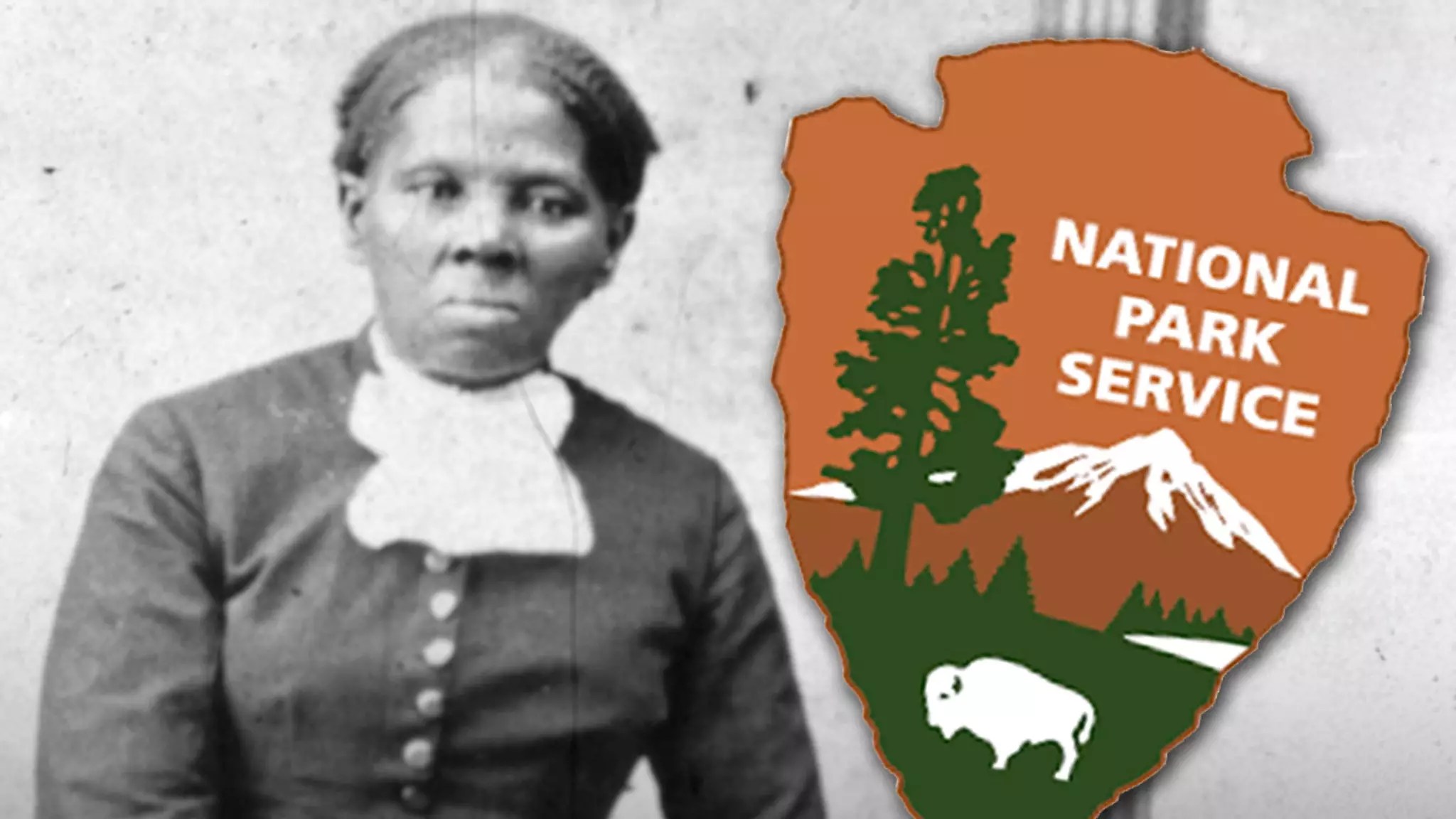In a shocking recent incident that echoes through the corridors of American history, Harriet Tubman’s family cried foul as the National Park Service made a stealthy adjustment to its Underground Railroad webpage, erasing Tubman’s photograph and a pivotal quote that encapsulates her contributions to freedom and civil rights. This removal is not an isolated event; it represents a growing trend toward the marginalization of Black history, an act seen by Tubman’s relatives as a blatant disregard for the roles that Black Americans have played in shaping this nation.
When Tubman’s relative, Rita Daniels, voiced her surprise and frustration over the decision, it pushed an already deep-rooted sensation of agitation to the surface. The parallels drawn between this incident and President Trump’s broader anti-diversity, equity, and inclusion (DEI) agenda raise critical questions about what these actions signify. Such moves, which attempt to diminish the historical narrative surrounding figures like Tubman, indicate a systemic effort to sanitize history, further perpetuating racial ignorance and erasure.
A Profound Misstep in Recognizing American History
Tubman’s contributions are not merely a chapter in Black history; they are an integral part of the American narrative that everyone should embrace. The decision to minimize her impact—especially against the backdrop of ongoing discussions around race and history—feels like a denial of the multifaceted reality of our national fabric. From aiding countless enslaved individuals to joining the fight in the Civil War, Tubman exemplified courage and resilience. As Daniels poignantly questioned, why is Black history perceived as a threat by certain factions within society? This thought should provoke introspection among all Americans about the ways in which history is selectively prioritized and the implications of such actions.
Moreover, this represents an uncomfortable acknowledgment: racism persists in myriad forms today, actively undermining progress and fostering division. The troubling echoes of racism can be heard in the erasure of historic figures from our narratives, just as it resonates in recent events, such as the January 6 insurrection, where racial undertones shaped the fabric of the incident.
A Rebellion of Memory and Remembrance
Despite the outcry, the restoration of Tubman’s image and the historical notices on the Park Service’s webpage doesn’t erase the initial misstep—the premeditated act of erasure speaks volumes. The call made by Daniels to “leave my great auntie alone!” is not just a family defense; it’s a rallying cry for all Americans. The misappropriation of Black history is an affront to those who worked tirelessly for justice, equality, and societal uplift, transcending barriers for everyone in the nation, not just a select group.
The moment hinges on the hope that this incident can inspire a resurgence of activism. The notion of “new abolitionists” emerging to challenge these prevailing narratives suggests that people are awakening to the need for broader involvement in social justice issues. A commitment to reclaiming history is vital, reminding society that the struggle doesn’t end with the acknowledgment of past wrongs; it fuels a continuous fight for equity and recognition. Each story, whether of Tubman or any other historical figure, serves as a building block for a more just future where everyone’s contributions are honored, and history is not just told—but celebrated.







Leave a Reply